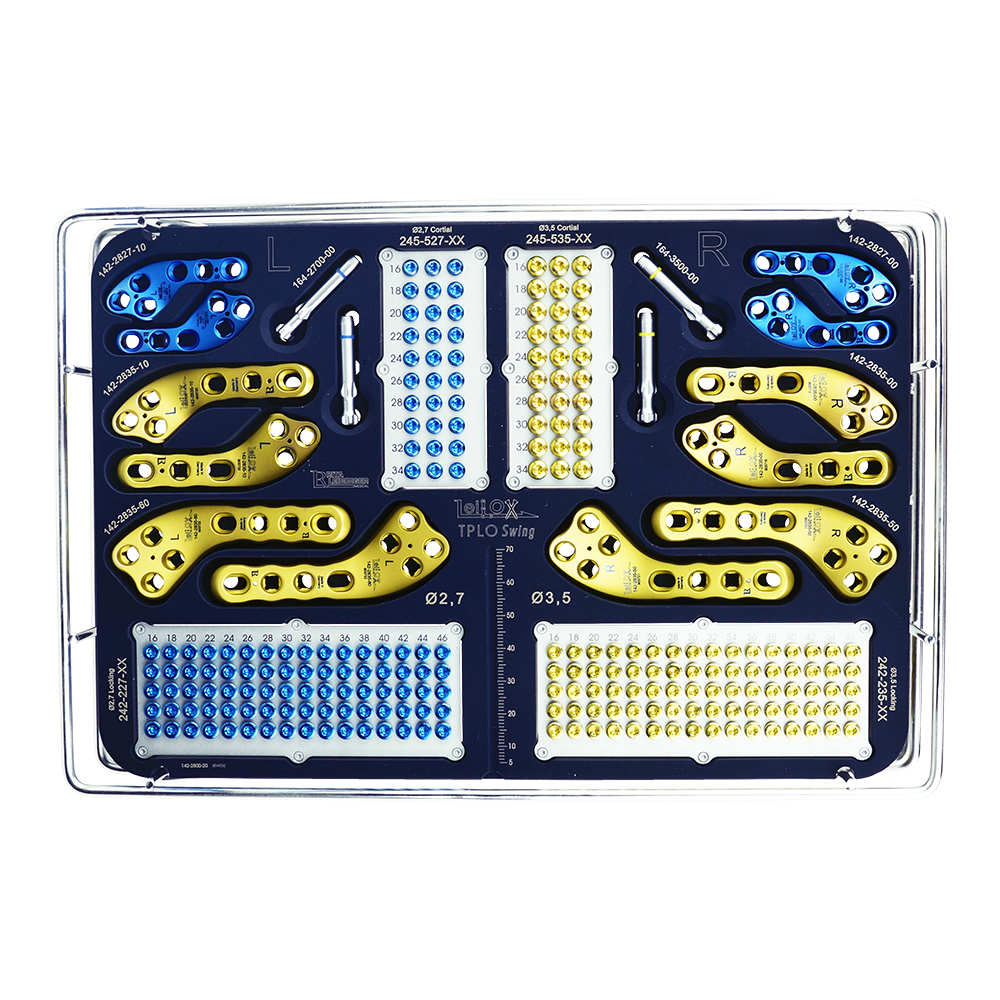When it comes to our health, kidneys often don’t get the attention they deserve. These small but mighty organs play a crucial role in filtering toxins, regulating fluid balance, and maintaining overall health. That’s why a Kidney Function Test is so important—it helps assess how well your kidneys are doing their job. In this blog post, we’ll break down the procedure, what you need to do to prepare, and what to expect during the test, all while making the information easy to understand and relatable.
What Is a Kidney Function Test?
A Kidney Function Test measures how well your kidneys are functioning by evaluating several factors, including blood urea nitrogen (BUN), creatinine levels, and the glomerular filtration rate (GFR). These tests help doctors detect early signs of kidney disease, monitor existing conditions, and ensure your kidneys are working efficiently.
Why Is a Kidney Function Test Important?
Kidney disease often develops without noticeable symptoms, so regular testing can help catch potential problems early. For example, my friend Sarah, who was always active and healthy, didn’t realize her kidneys were struggling until a routine checkup showed high creatinine levels. Thanks to early detection, she was able to start treatment before things worsened.
Procedure for the Kidney Function Test
The Kidney Function Test is usually done through a simple blood test or urine sample:
- Blood Test: The most common test for kidney function is the blood test, which measures the levels of substances like creatinine and BUN. The technician will take a small blood sample from your arm, similar to a regular blood draw for other tests.
- Urine Test: In some cases, your doctor may request a urine sample to measure how well your kidneys are filtering waste. This can be done through a 24-hour urine collection, where you’ll collect all your urine over the course of a day.
- Imaging Tests: Occasionally, doctors may order imaging tests like an ultrasound or CT scan to check the size and shape of your kidneys.
Preparing for a Kidney Function Test
One of the great things about a Kidney Function Test is that preparation is fairly straightforward. Here’s what you can expect:
- Fasting: For a blood test, you might be asked to fast for 8 to 12 hours beforehand, so your results aren’t affected by recent meals. It’s a good idea to stay hydrated with water, but avoid drinking coffee, juice, or soda.
- Medications: Certain medications can affect the results of the test, so be sure to inform your healthcare provider about any prescription or over-the-counter drugs you’re taking. You might be asked to temporarily stop taking them before the test.
- Urine Collection: If a urine test is part of the procedure, you’ll be given specific instructions on how to collect the sample. It’s essential to follow these instructions carefully to avoid contamination.
- Stay Relaxed: The Kidney Function Test is generally painless, so try to stay calm. I remember feeling a bit nervous before my first test, but it was over before I knew it, and I felt relieved knowing I was taking proactive steps for my health.
What to Expect During the Test
When you arrive at the lab or clinic for the Kidney Function Test, the process is quick and simple. Here’s what you can expect:
- Blood Draw: A healthcare professional will take a small blood sample from your arm. The needle might sting a bit, but it usually doesn’t hurt for long. If you’re having a urine test, you’ll be given a container to provide a sample.
- Duration: The actual test takes only a few minutes, and you’ll likely be in and out in 15 to 30 minutes. If you need a 24-hour urine collection, the process will be longer, but it’s something you can do in the comfort of your own home.
- Post-Test: After the test, you can resume your regular activities, including eating and drinking. If you had a blood test, you might feel a little sore at the needle site, but this should go away quickly.
Results and Next Steps
Once the results are in, your doctor will review them with you. If everything is normal, there’s no need to worry. However, if there are any signs of kidney problems, further testing may be required to determine the cause.
For example, if your Kidney Function Test shows elevated creatinine levels, it could indicate kidney dysfunction. From there, your doctor might suggest lifestyle changes, medication, or even more tests to investigate further.
Conclusion
A Kidney Function Test is a simple yet vital way to ensure your kidneys are functioning as they should. With early detection and proper care, kidney issues can often be managed effectively. So, whether it’s part of a routine checkup or due to symptoms you’ve been noticing, taking the test is a step towards better health. Don’t hesitate to ask your doctor if you think it might be time for one—you’re worth it!










